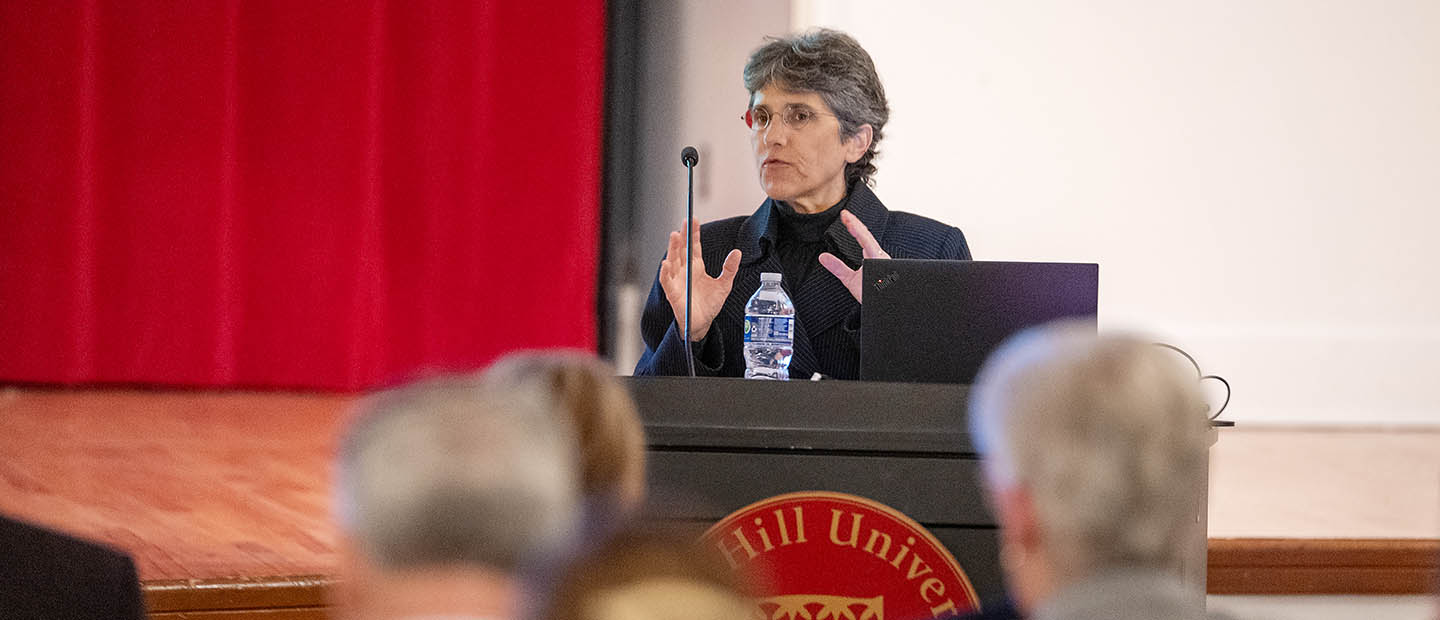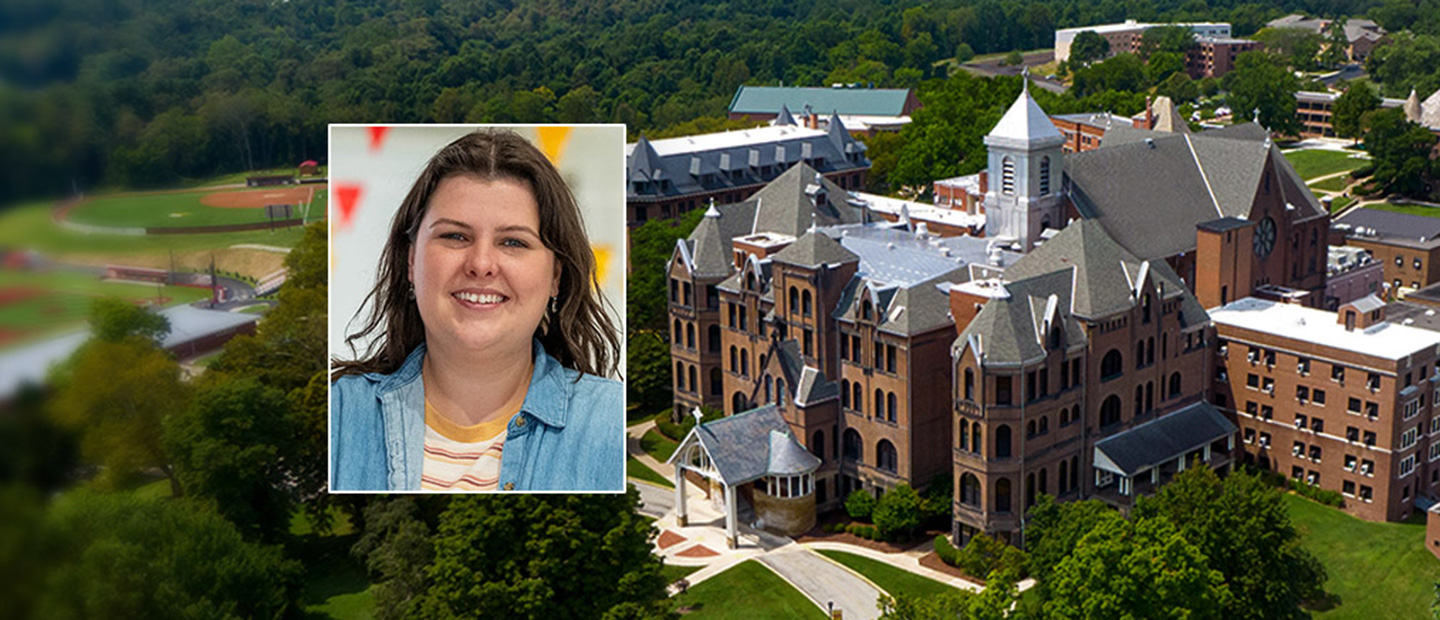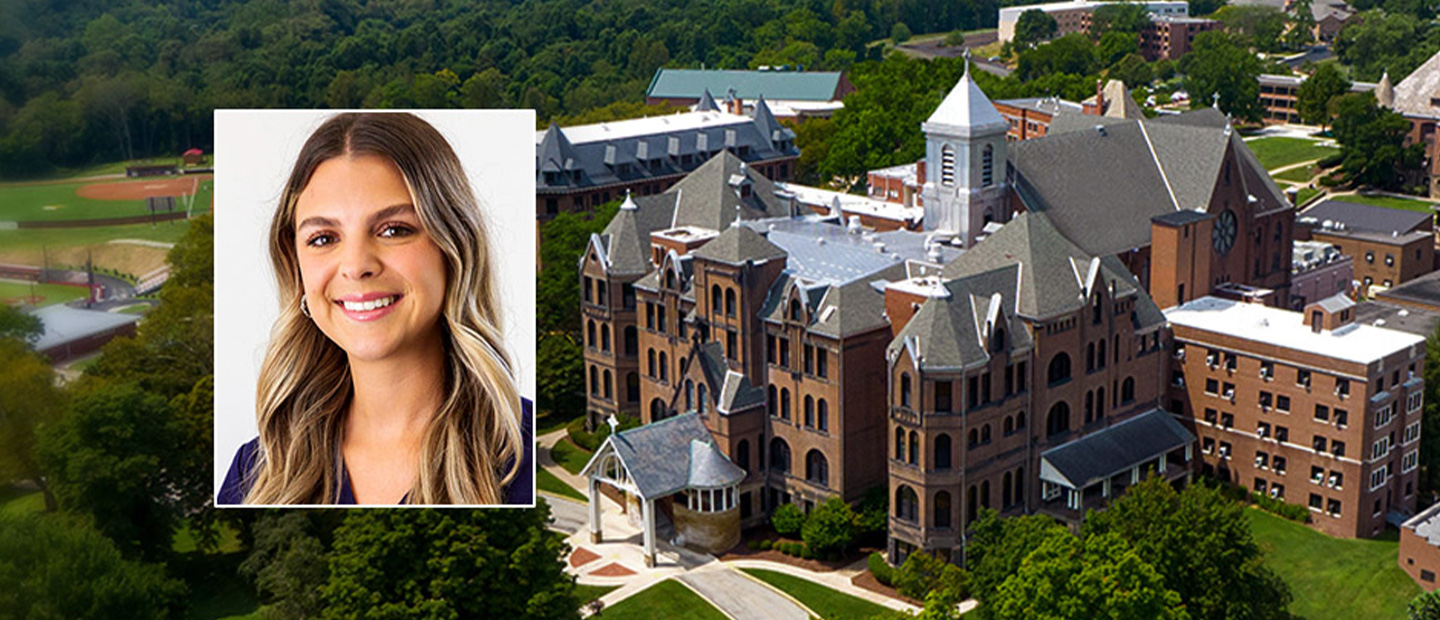National Science Foundation Grant Awarded to Seton Hill for STEM Career Program
Nearly $750,000 NSF Grant will Support Biology, Biochemistry, Chemistry and Forensic Science Majors through a Mentorship Network and Career Exploration in STEM
The National Science Foundation (NSF) has awarded Seton Hill University a competitive grant of nearly $750,000 to support Biology, Biochemistry, Chemistry and Forensic Science majors from under-resourced environments through scholarships as well as a mentorship network and career exploration program.
“The national need for well-educated professionals working in STEM fields is of paramount importance, and Seton Hill has a long-standing commitment to educating students from diverse backgrounds in STEM fields,” said Seton Hill President Mary C. Finger. “We are grateful for the support of the National Science Foundation for Seton Hill’s efforts to provide scholarships and mentorship opportunities to high-achieving students from families from lower income environments in the Pittsburgh area. These initiatives will both break down barriers to higher education and provide important opportunities to students.”
“Far too many academically talented high school students do not pursue higher education in the sciences because they do not have the financial means or the mentors to show them a path forward,” said Seton Hill Associate Professor of Chemistry Ashley Bartelson, the principal investigator for the grant. “We are excited to begin recruiting students for this program and help them see all the possibilities that are open to them through a STEM career.”
Over its six-year duration, the project will fund scholarships to 15 unique full-time students who are pursuing bachelor’s degrees in Biology, Biochemistry, Chemistry, and Forensic Science at Seton Hill.
The project aims to recruit students from economically-disadvantaged and historically underrepresented backgrounds from Pittsburgh area high schools through an outreach event.
In addition to scholarship support, scholars who are recruited for the program will benefit from a combination of group-based and one-on-one mentorship activities along with a social media connection.
Supplemental instruction with a peer mentor will be incorporated in an organic chemistry course that is known to be a barrier for students in these majors.
In addition, a career exploration and opportunities seminar will increase awareness about research and internship opportunities and about possible career pathways. Participants will create an individual development plan, which includes an assessment of each scholar’s unique skills, their short- and long-term goals, and action steps to achieve those goals.
Ultimately, the program is meant to recruit, support and graduate future scientists from underrepresented communities to help to diversify, expand and enrich the scientific community.



